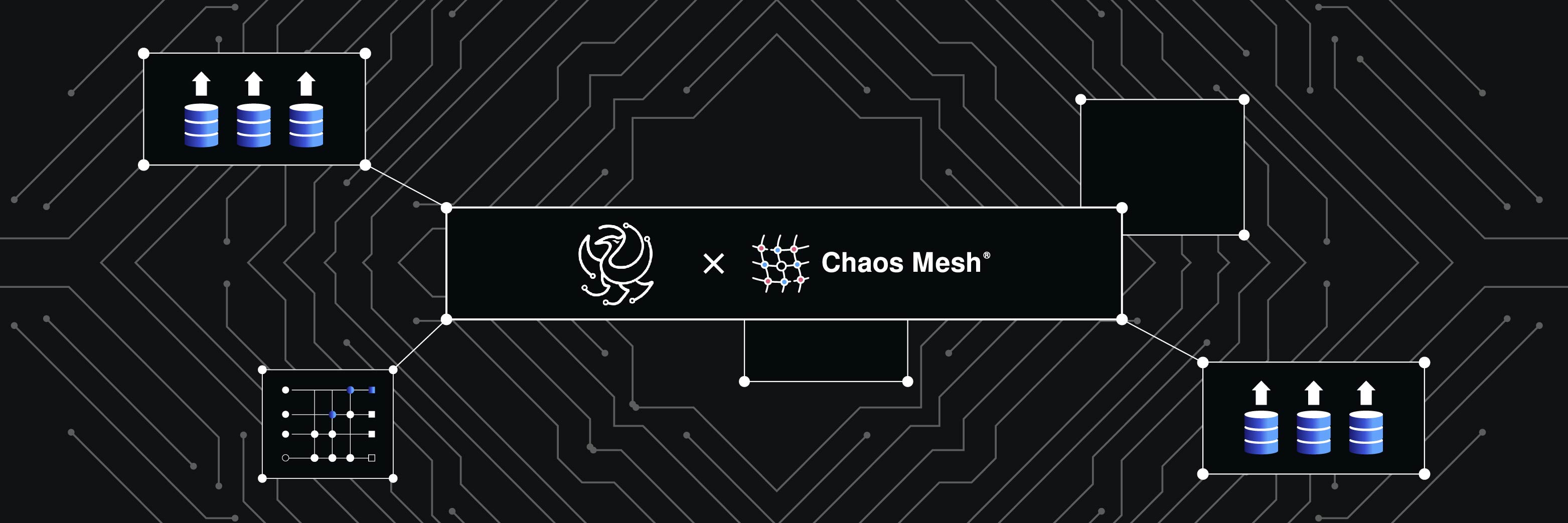How a Top Game Company Uses Chaos Engineering to Improve Testing

NetEase Fuxi AI Lab is China’s first professional game AI research institution. Researchers use our Kubernetes-based Danlu platform for algorithm development, training and tuning, and online publishing. Thanks to the integration with Kubernetes, our platform is much more efficient. However, due to Kubernetes- and microservices-related issues, we are constantly testing and improving our platform to make it more stable.








